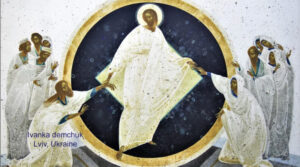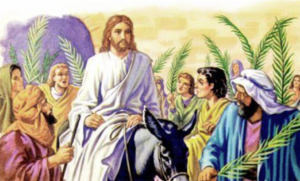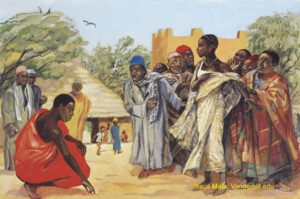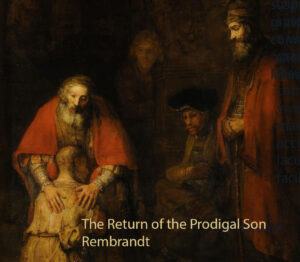“Jesus said to Philip,
‘Where can we buy enough food for them to eat?’
He said this to test him,
because he himself knew what he was going to do.
Philip answered him,
‘Two hundred days’ wages worth of food would not be enough.’” John 6:5-6
So what do you think Jesus is testing in Philip? Did Philip pass or fail the test? Did Philip know that Jesus was testing him?
Testing is good for the person being tested. It is a grace-filled moment – an opportunity to check the direction in which one is heading and to make changes, if changes are needed. Are Jesus and the Father testing you and me now? Do you and I know that we are being tested?
THE TEST
The Jerome Biblical Commentary says, “Philip does not perceive that this question is an appeal to his faith and simply refers to the amount of money required.” In other words, Jesus is testing whether Philip has been attentive enough to having been made in the image of God. Has he been attentive enough to God’s presence that, when faced with needy people, empathy is what is welling up inside of him? Philip fails this test! He seems to be stuck on concern over money. “Two hundred days’ wages. . . would not be enough.”
And what about us? What is the first thing we think about when faced with a similar situation? When seeing persons in need, be it physical or spiritual, is our “gut reaction” full of enough empathy for the poor and needy to find a way to help them? Or is our reaction more like Philip’s, “There isn’t enough money”?
THE CROWD MISINTERPRETS JESUS’ MISSION
The crowd, having been miraculously fed, responds correctly, “This is truly a prophet.” Here the Commentary explains, “They salute Jesus as the messianic prophet, but fail to understand that statement. The true nature of Jesus is kingship, which is not that of a national Liberator.” Once again, and perhaps like us, they are looking with material-focused eyes instead of with the “made in the image of God” eyes gifted to each of us at the very beginning of human life.
God is so patient with us. Why? Perhaps because God gave us the ability to choose and He is letting us do that, hoping and gracing us to sooner or later “wise up”.
I wonder if those who learn how to choose wisely develop a fuller capacity to savor God? And will that benefit them now, in this earthly life, as well as in their life after their earthly life? What will become of those among us who haven’t, in Fr. Tim’s words, spent much time “paying attention to God”? And whose fault is it? Theirs? Ours? Both of ours? Surely, not that God isn’t providing!
Sister Loretta




